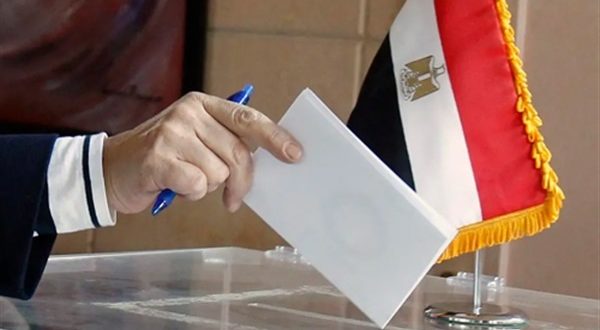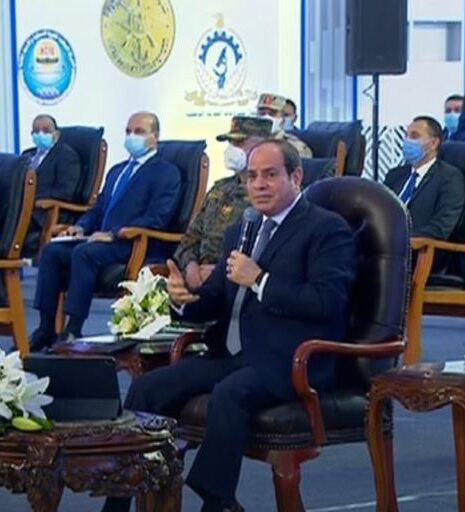Egyptian parties and public figures announced that they will boycott the elections for the senate (the second chamber of parliament) to be held next month, considering that the political climate is far from holding free and fair elections. A statement signed by these parties attributed their decision to the continued imprisonment of large numbers of citizens without trial or even investigation, and in light of the restrictions imposed on all traditional and new media tools, and on the freedoms of peaceful organisation and assembly.
The signatories of the statement rejected the establishment of the senate because the experience of the previous house of senate council (1980-2012) did not add anything new to the political life in Egypt, due to its limited powers of legislation and oversight of the executive. They also pointed out that “the experience of the current parliament (House of Representatives), with its modest performance, does not suggest at best that the performance of the senate be much better than it.”
The statement pointed out that the law on the basis of which the elections for the senate are held is adopting methods that no democratic state has adopted because it requires that half of the seats be in the system of lists, provided that the list which gets 51 per cent of the votes takes all the seats in the district, which cancels the principle of election justice because it deprives the list that gets 49 per cent of the vote of any seats. The signatories demonstrated the validity of their expectations of forming a unified list, ostensibly supervised by the pro-regime Nation’s Future Party, by selecting certain parties and excluding others.
The statement was signed by al-Dotour, al-Karama, Popular Alliance, Living and Freedom, in addition to other public figures, the most prominent of them being former presidential candidate Hamdeen Sabahi, the member of Human Rights council George Ishaq, and academics including Abdel Jalil Moustafa and Moustafa Kamel el-Sayed.
The senate is composed of 300 members, two-thirds of whom are elected by direct, secret universal suffrage, and the president appoints the remaining third. The council law allocates no less than 10 per cent of the total number of seats for women. The election of the council is 100 seats in the individual system and 100 seats in the system of absolute closed lists. Parties and independents have the right to run in each of them. Parliament elections will be held abroad on August 9 and 10, with voting taking place at home on August 11 and 12, with the result announced on the 19th of the same month.





Recent Comments